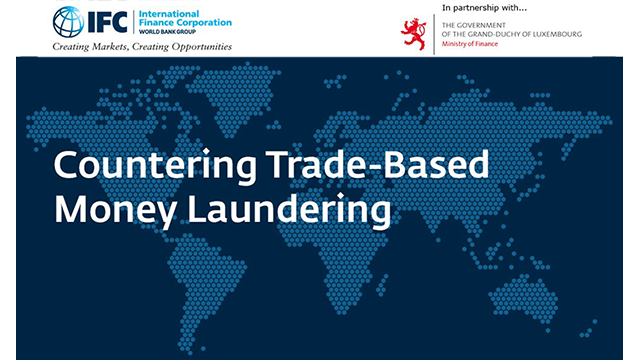Trade-based money laundering (TBML) is an increasingly significant method that criminals use to launder the proceeds of crime.
The Financial Action Task Force (FATF) defines TBML as “the process of disguising the proceeds of crime and moving value using cross-border trade transactions in an attempt to legitimize their illicit origins.” TBML is typically affected through the mis-invoicing of international trade transactions. By fraudulently misreporting the price, quantity, or quality of goods, criminals can quickly move substantial amounts of money or value from one jurisdiction to another.
As the controls for preventing the traditional methods for money laundering and terrorism financing (ML/TF) have become more effective, criminals have employed more complex and sophisticated schemes involving the use of the international trade system. Financial institutions who are engaged in trade need to be particularly vigilant and implement effective TBML-specific control frameworks to protect their institution from being used by illicit actors. There are many consequences to having ineffective controls – facilitation of money laundering or terrorism finance, regulatory penalty, reputational damage, and even the “de-risking” of correspondent banking relationships.
This comprehensive course provides practical guidance to trade finance and other bank practitioners who represent the key gatekeepers in the defense against TBML. A certificate of completion will be issued upon successful completion of a final assessment.

